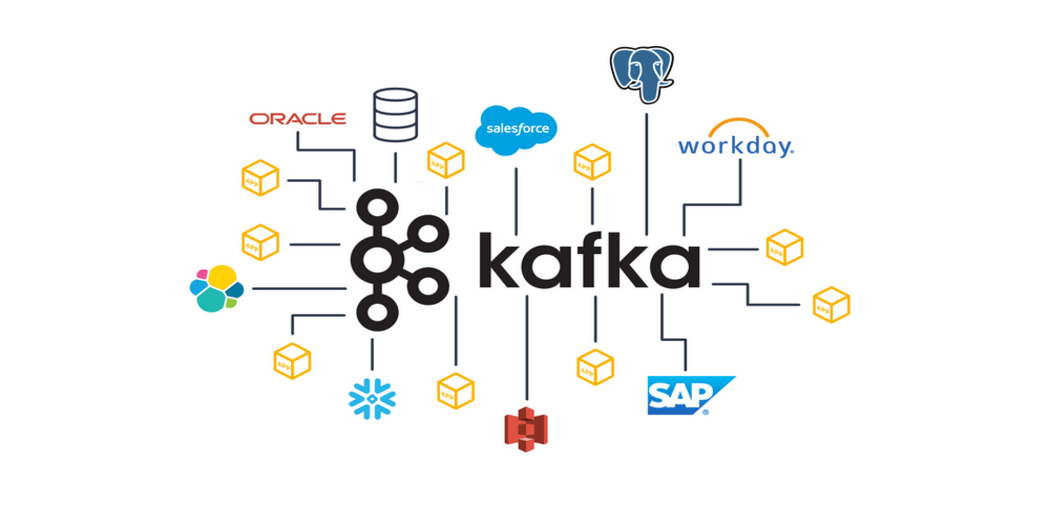Simplifying Kafka: Powering Real-Time Data with Zomato
 Mithun Srinivas
Mithun Srinivas
In today's digital era, handling vast amounts of data in real-time is a challenge many businesses face, especially those in the food delivery industry like Zomato. Imagine you're managing orders from thousands of restaurants simultaneously, ensuring every order is processed swiftly and accurately. This is where Kafka steps in as a reliable assistant, orchestrating data flow seamlessly.
What is Kafka?
Kafka serves as an open-source, distributed event streaming platform designed to manage high-throughput, fault-tolerant data streams. It allows applications to publish, subscribe to, store, and process streams of records in real-time.
What Problem Does Kafka Solve?
Before Kafka, businesses like Zomato encountered several issues:
Scalability Challenges: Handling a surge in food orders from diverse restaurants without delays or disruptions.
Data Integrity: Ensuring every order update (accepted, dispatched, delivered) is reliably transmitted and processed in real-time.
System Integration: Connecting multiple systems and databases to synchronize order updates and customer notifications efficiently.
Advantages of Using Kafka
Let’s explore how Kafka benefits Zomato:
Reliability and Scalability:
- Example: Imagine Zomato as a central hub managing food orders across hundreds of cities. Kafka ensures every order update is reliably processed and scaled across its distributed servers, handling spikes in demand effortlessly.
Real-Time Processing:
- Example: Just like how Zomato instantly updates customers about order statuses (accepted, preparing, on the way), Kafka facilitates real-time data processing, enabling quick decision-making and responsive customer service.
Data Integration and Flexibility:
- Example: Think of Zomato seamlessly integrating with restaurant partners' systems to receive and update orders in real-time, ensuring smooth operations and timely deliveries.
Fault-Tolerant Architecture:
- Example: Similar to Zomato ensuring orders are processed even if some systems or servers encounter issues, Kafka’s fault-tolerant storage guarantees no data loss and continuous operation.
Conclusion
Kafka plays a pivotal role in enabling Zomato and similar platforms to manage real-time data streams efficiently, ensuring smooth operations, scalability, and reliability. Its ability to handle high volumes of data, provide real-time analytics, and integrate seamlessly with existing systems makes it indispensable in today's data-driven landscape.
Whether you're in the food delivery industry or exploring real-time data solutions, understanding Kafka can revolutionize how you manage and process data streams. Dive into Kafka's capabilities and see how it can transform your business operations. Happy streaming!
Subscribe to my newsletter
Read articles from Mithun Srinivas directly inside your inbox. Subscribe to the newsletter, and don't miss out.
Written by
